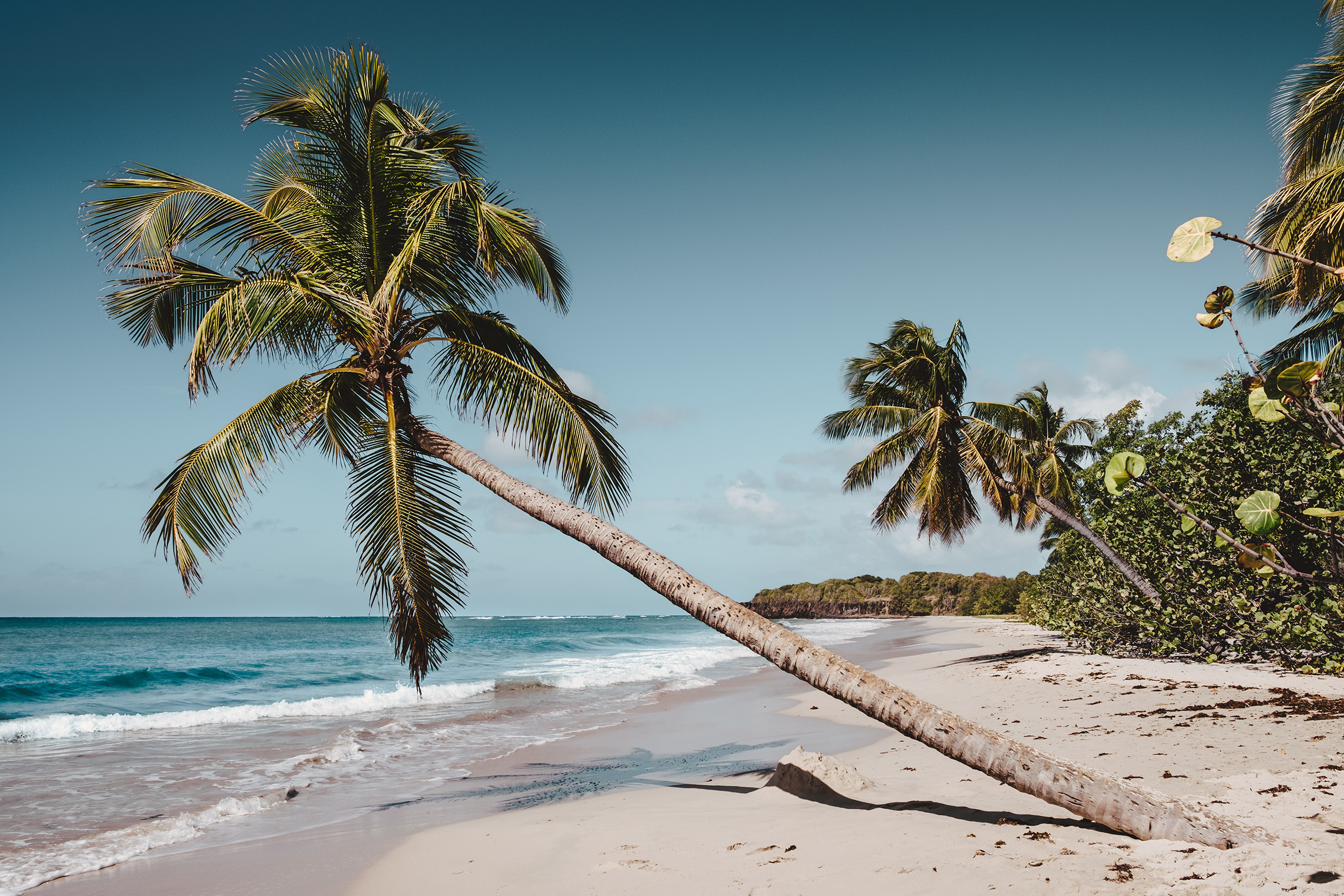With vacations just around the corner there is a hustle and bustle of preparations, booking anxiety, and a hunt for the lowest prices. We crave being able to travel, to step outside of national borders, and rediscover what lies beyond the boundaries of our lives. In such a hectic time, we must remember that many attractive offers disregard the environment, nature and human beings. Now more than ever we must think about how to make your travel sustainable.
So the question arises: is it possible to plan for a sustainable and affordable travel?
Certainly in the last decades the tourist industry has radically changed, from mass to global tourism, thanks to the growth of air traffic and the internet; vacations are becoming increasingly standardized and low-cost, and tourism no longer belongs to the elite but to all social classes.
Many amateur travelers have accomplished their bucket list of destinations for a bargain price, being able to explore European capitals, stay in lovely accommodations and admire the wonders that our continent —and others— have to offer. In this Wonderland-ish scenario, something has certainly been overlooked. And that is sustainability.

What, then, is the price of such trips? Our holidays are responsible for 5% of global greenhouse gas emissions, and according to the 2019 Intergovernmental Panel on Climate Change report, aviation has the most significant impact —producing 2% of carbon emissions. Despite this, our impact does not cease once we arrive at our destination, it continues through the entire duration of our stay, marking each choice, from accommodation, to meals, to sightseeing tours.
Although this problem needs to be solved at its root, with massive intervention by state authorities in terms of control and regulation, private citizens can also contribute to change in a small way by making sustainable lifestyle, and in this case, travel choices.
So we have tried to make it easier for you to plan your sustainable travel by offering a few tips.
Sustainable transport

As shown above, the airplane is the most polluting means of transport, followed by cars, city buses, Flixbus and, finally, high-speed rails; therefore, it is preferable to avoid using them, especially for short distances, and to favor buses or trains. But if you have to fly, we recommend checking with the airlines associated with IATA, the International Air Transport Association, which are committed to carbon offsetting programs to counter emissions.
Choose an eco-friendly accommodation
The same goes for the accommodation: it is important to check the sustainability of the building in advance. EcoBnb is a website founded in 2013 by an Italian team that includes 3,000 Bed & Breakfasts and Hotels with a focus on sustainability; Silvia, one of the two founders, was interviewed by lecopost and illustrated some of the sustainability criteria pursued by the platform:
- Organic or zero mile food
- Bioarchitecture
- 100% renewable energy
- Solar water heating systems
- Organic cleaning products
- Separate collection of more than 80% of the waste
- Accessible by public transport
- Energy efficient light bulbs
- Water flow restrictor
- Harvesting and reusing rainwater
To join EcoBnb you must meet at least 5 of these criteria. Two other sites you can rely on to plan your stay are BookDifferent which we discussed in detail here, and FairBnb, a cooperative born in 2016 that focuses on bringing together “Fair Hosts” with travelers who want to contribute to a more equal idea of house sharing. FairBnb charges a 15% commission on the reservation, half of which is spent to pay for their activities and the other half to fund local community projects.

How to protect the land we visit
The quest for sustainability should not only precede the trip, but also be its leitmotif; we suggest some simple steps to be taken on site in order to enjoy your well-deserved time off without damaging the local environment.
Firstly, remember to always carry a water flask, thus avoiding to buy water bottles and reducing plastic waste. You can also bring your personal belongings from home: toothbrush, shampoo and conditioner, instead of the disposable ones often offered by hotels. Also think carefully about the type of activities you intend to do, avoiding those that damage natural resources or exploit animals, as discussed here. Finally, pay attention not only to the means of transport you take to reach your destination, but also to those you will use on site; if you can, take public transport or rent a bicycle, if distance allows it.
Ultimately, we must note the magnitude of the impact the pandemic has had on global tourism, leading to an 87% drop in international tourist arrivals this year compared to 2020. However, the pandemic has given the states and the European Union itself the opportunity to rethink tourism in a sustainable way: questions have emerged from the debate and they have led to a plan to be implemented by 2050 in order to preserve Europe’s longstanding and distinguished tourist tradition without invading the land.
We hope to have given you some interesting ideas for planning your sustainable travel!





